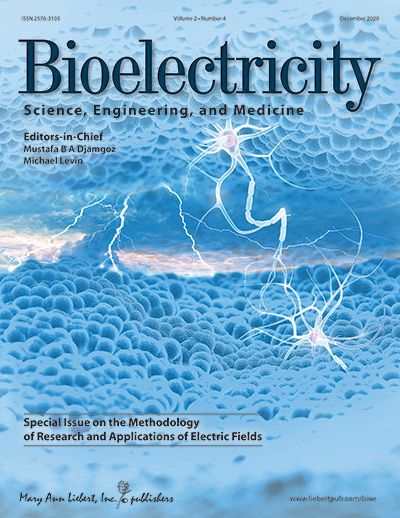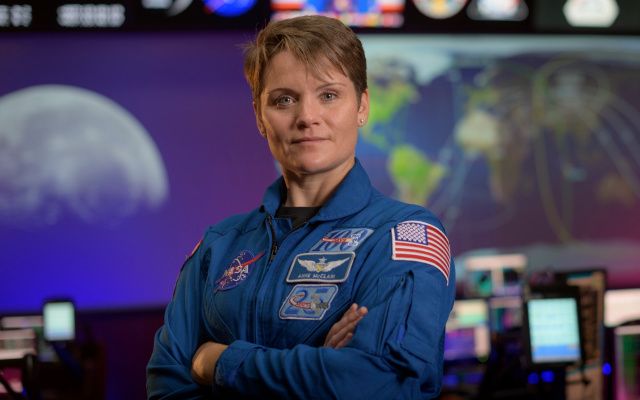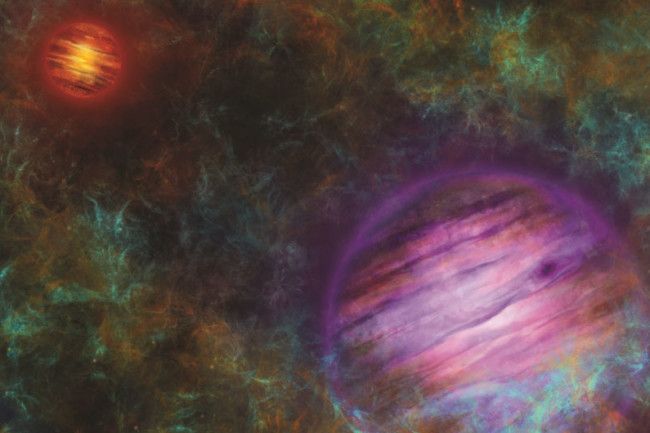NASA recently announced the astronauts who will be taking part in the Artemis missions, and among them is Anne McClain, who has spent 203 days in orbit and conducted two spacewalks on the ISS. With the space industry looking nothing like it did 10 years ago and new spacecraft and technologies on the rise, McClain share her thoughts about how she and other astronauts would be embracing the future.
Lt. Col. McClain’s time aboard the ISS spanned from December 2018 to June of 2019, meaning her ascent and descent were both aboard Russia’s Soyuz capsules, as astronauts have gotten to and from space since the Shuttle days. The Artemis missions, however, will use a variety of new launch vehicles and spacecraft. And while she didn’t get to fly a Dragon capsule, she did get to check one out while it was docked at the station.
“I was so happy to have flown the Soyuz, because it is such a reliable, basic spacecraft — it’s almost like flying a piece of history — knowing I was going to be able to compare that to other vehicles to in the future,” she said. “I had the opportunity when I was on Space Station when DM-1 flew. And so, being able to float into that and look at their screens, their monitors, you notice right away that the technology has advanced to where it looks like the inside of a commercial airliner.”




